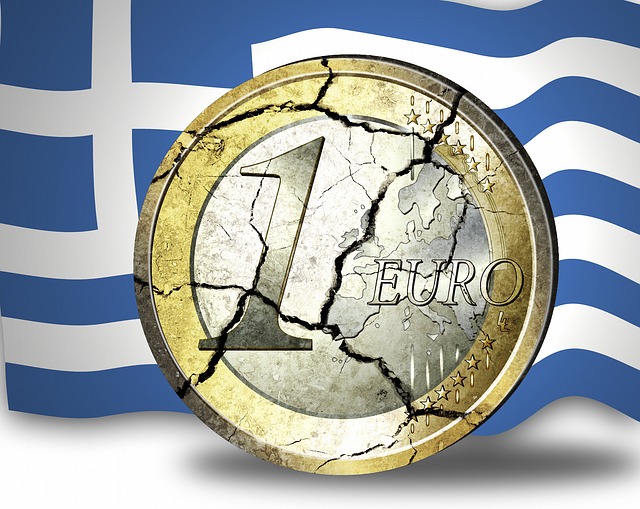Commenting on the outcome of the Eurogroup meeting on the Greek bailout programme, Greens/EFA co-president Philippe Lamberts said:
“We welcome the decision to release a new tranche of rescue loans to Greece, which is essential to stanch the persistent deterioration of the Greek economy. However, as the IMF has made abundantly clear, without debt relief there will be no solution to the Greek crisis. While it is encouraging that the taboo on discussing debt relief has at least been broken, the Eurogroup needs to stop sidestepping this fundamental issue.
“The never-ending push by the troika for even more austerity measures to be passed in Greece is wrong-headed. Instead, the creditors should be heeding the IMF’s advice and insisting on a realistic target of 1.5% for a primary surplus. This can only be achieved with concrete, realistic and upfront debt relief measures agreed now and not kicked down the road until 2018 as currently proposed by the EU partners, which would mean that the high level of public debt would only start to be reduced from 2019 at the earliest. Socially balanced and sustainable structural reforms, such as an overhaul of the fiscal administration are a top priority. The Syriza government has done little so far to fight tax evasion and take on those who have engaged in tax fraud. This persistent clientelism is also disheartening.”
Greens/EFA economic and finance spokesperson Sven Giegold added:
“The stabilisation of debt servicing is an important signal of confidence in the Greek economy. We welcome the IMF’s decision to continue to push for this against pressures from many other short-sighted parties in the EU Member States. Delaying debt relief measures until after the elections is shameful and comes at the expense of unemployed people in Greece by delaying in turn the relief they urgently need. The agreed debt servicing limit of 15% of GDP by 2030 and 20% by 2060 remains a heavy burden for the country’s real economy due to foreign debt. German Finance Minister Schäuble is responsible for the fact that this issue has never been dealt with other than a vague promise. The lack of concrete proposals on debt relief means that the Eurogroup’s agreement is only half credible. It’s therefore urgent to start tackling debt relief now.”

